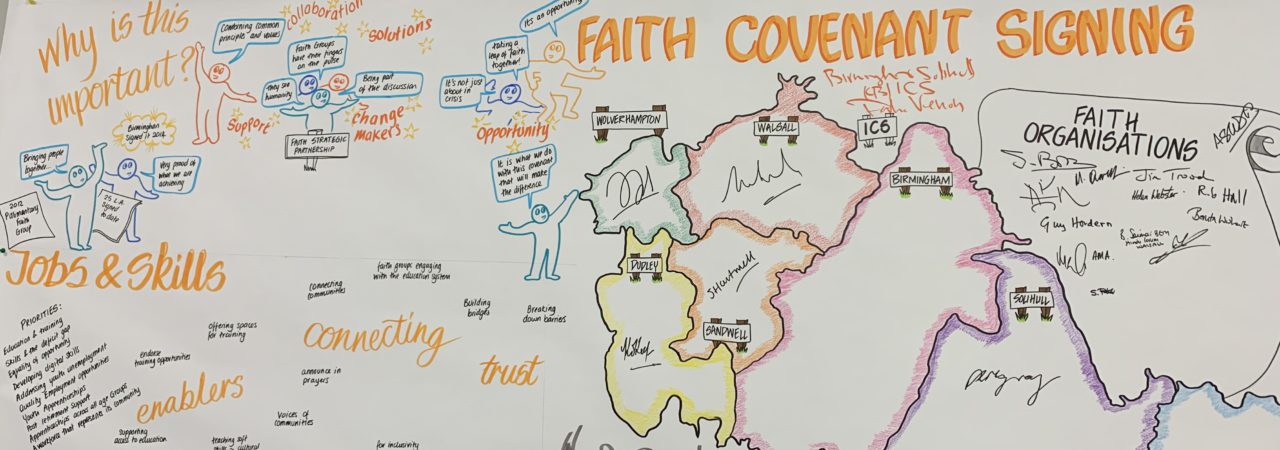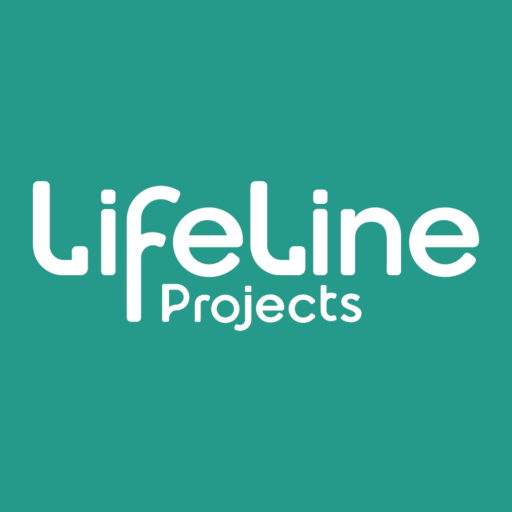Health and Wellbeing
FaithAction is part of the VCSE Health & Wellbeing Alliance, a partnership between sector representatives and the health and care system. It is a key element of the NHS England Health and Wellbeing Programme, enabling the sector to share its expertise at a national level with the aim of improving services for all communities. Our three main areas of work for 2023-24 are:
Tackling inequalities in maternity
Women from ethnic minority communities face major maternal health inequalities including higher rates of miscarriage and stillbirth and a lower quality of care. Working in partnership with faith leaders, we’re producing, launching, and rolling out a pregnancy and maternity inequalities toolkit for faith communities. The toolkit will help to raise awareness of this issue within different faith communities, contain guidance and signpost to relevant services. We hope to launch the toolkit at a parliamentary event in Spring 2024.
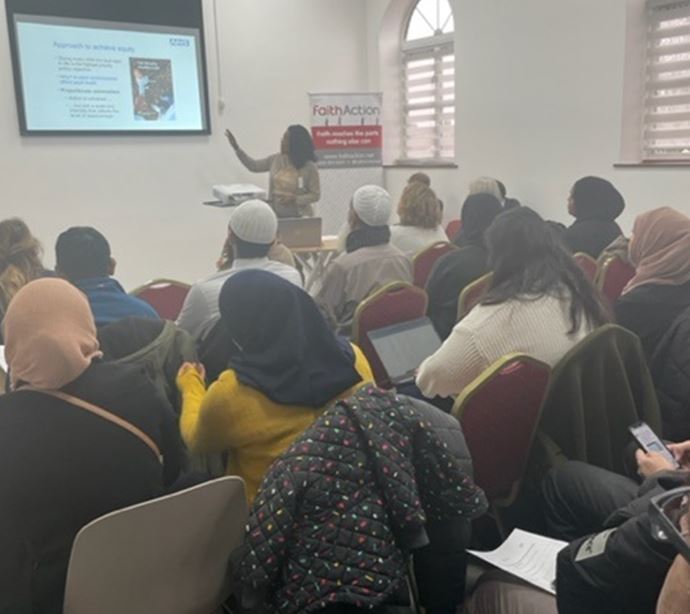
Suicide prevention and faith communities
We’re working with faith leaders to co-produce a resource on faith and suicide prevention aimed at frontline staff, such as helpline workers and health professionals. The resource will equip these professionals with faith specific information around suicide and suicidal thoughts, to enable them to understand the potential impact of an individual’s faith, and to have informed conversations around this.
Social prescribing champions
We’re working with faith groups in the London Borough of Tower Hamlets on an innovative pilot project, with the working title of Tower Hamlets Social Prescribing Champions. These ‘Champions’ will be going to into their communities, finding out if people have heard of social prescribing, telling people what social prescribing is, and how they can self-refer to local link workers. We’ve worked with Tower Hamlets GP Care Group, the social prescribing provider in the borough, to run a training session for the ‘Champions’, to equip them with the knowledge required to pass on to their communities. We are also holding a workshop on re-framing the language around social prescribing to make it more accessible.
Community and integration
Café Connect programme for Hong Kongers renewed
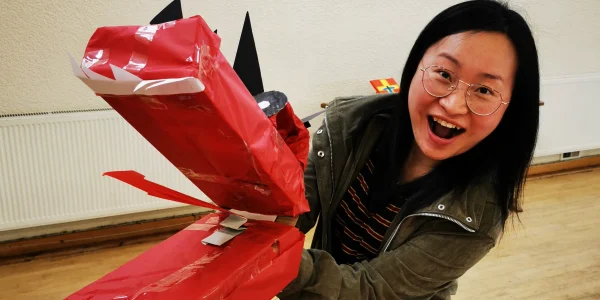
We’re excited to learn that we will be able to continue delivering our Café Connect programme thanks to funding from the Department for Leveling Up, Housing and Communities. Café Connect has supported over 1,200 new arrivals from Hong Kong settling into their new communities through conversational English language practise, opportunities to find out about local facilities and services, cultural orientation and time to get to know people from the local area.
Previously, Café Connect has been operating through partner organisations in three regions: London, West Midlands and Yorkshire and the Humber. For this next phase of the programme, we’ll be continuing delivery in London and Yorkshire and the Humber, as well as adding on a new area: the East of England. More information on the programme is available at cafeconnect.faithaction.net.
St Barnabas’ Alwoodley church in Leeds is one of FaithAction partners delivering Café Connect. The church’s reverend, David Ho Young, was recently featured in an article and interviewed on camera for the Spectator, speaking on Hong Kongers and their integration into UK life.
Creative English for Health expands into Greater Manchester
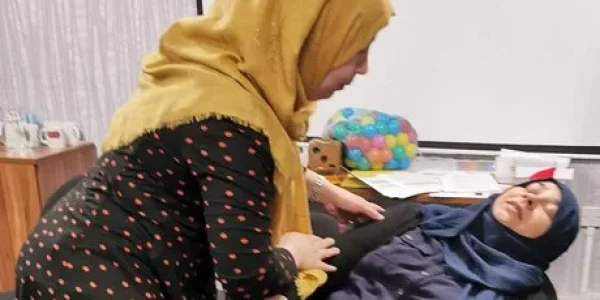
Building on the success of our Creative English for Health programme in Birmingham, the Greater Manchester Integrated Care Board commissioned FaithAction to deliver a new version of the programme focused on building trust and understanding around vaccines for local residents with little to no English language proficiency.
Between now and March 2024, we will be working with ten faith and community groups across the region to deliver a Creative English class in each of the Greater Manchester localities.
It has been a few years since we last delivered Creative English in the North West, but we are excited to be delivering the programme in partnership with several of our former hubs in the region along with a number of new partners as well.
Faith in Partnership Week
On the week of 11th September, we held our second annual celebration of collaboration between faith groups and statutory bodies. Partnership working is one of the primary ways we can create new solutions to complex societal problems and it is essential to the flourishing of our communities that faith groups are seen as valuable partners by the public sector on an ongoing basis.
During the week, we held three events. The first looked at evaluations carried out by Coventry University of three innovative projects delivered in partnership between faith groups and local/national government. Dr Daniel Range of Coventry outlined the unique assets that faith groups bring to the table—trusted, anchor institutions, rooted in communities, with an ability to reach the ‘hard-to-reach’ and sustain connection through relationships.
The second focused around an online discussion about the opportunities and challenges of partnership working, featuring Sir Stephen Timms MP, Prof. Jim McManus, and a range of expert panelists. Prof. McManus highlighted that true partnership is about shared values—both sides understanding the value that each is looking for and the role they can each play in pursuing that shared value.
Finally, the West Midlands Combined Authority became the first combined authority to sign the Faith Covenant—a joint commitment between faith communities and local authorities to a set of principles that guide engagement, aiming to remove some of the mistrust that exists and to promote open, practical working on all levels.
There is an opportunity for faith groups to move beyond filling the gaps and being a safety net. An opportunity to realise the power they have to initiate change, be the lead partner in collaborative efforts, and proactively seek the prosperity of the communities they are operating in. Numerous practical examples of this what this could look like were mentioned in our events and can also be found in the blogs, reports and videos on our website.

